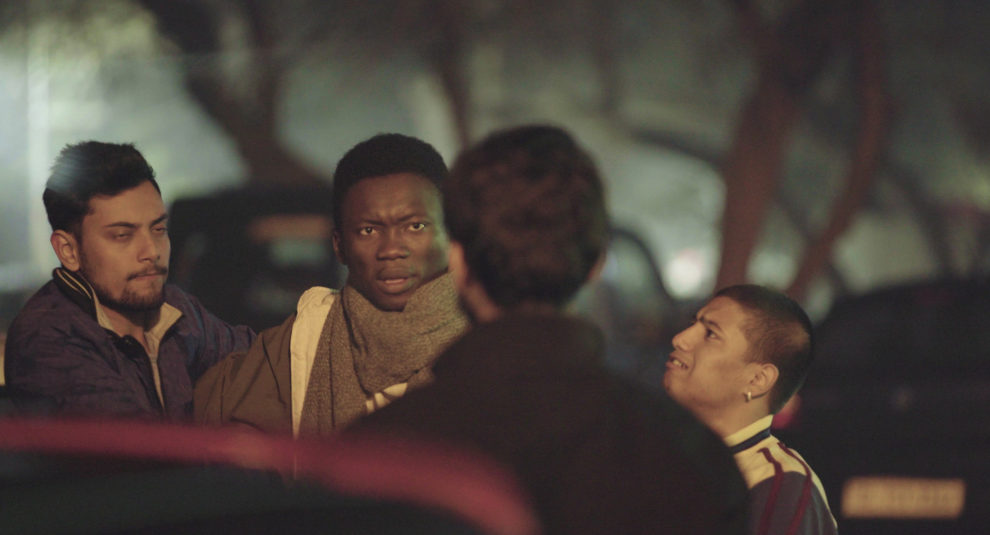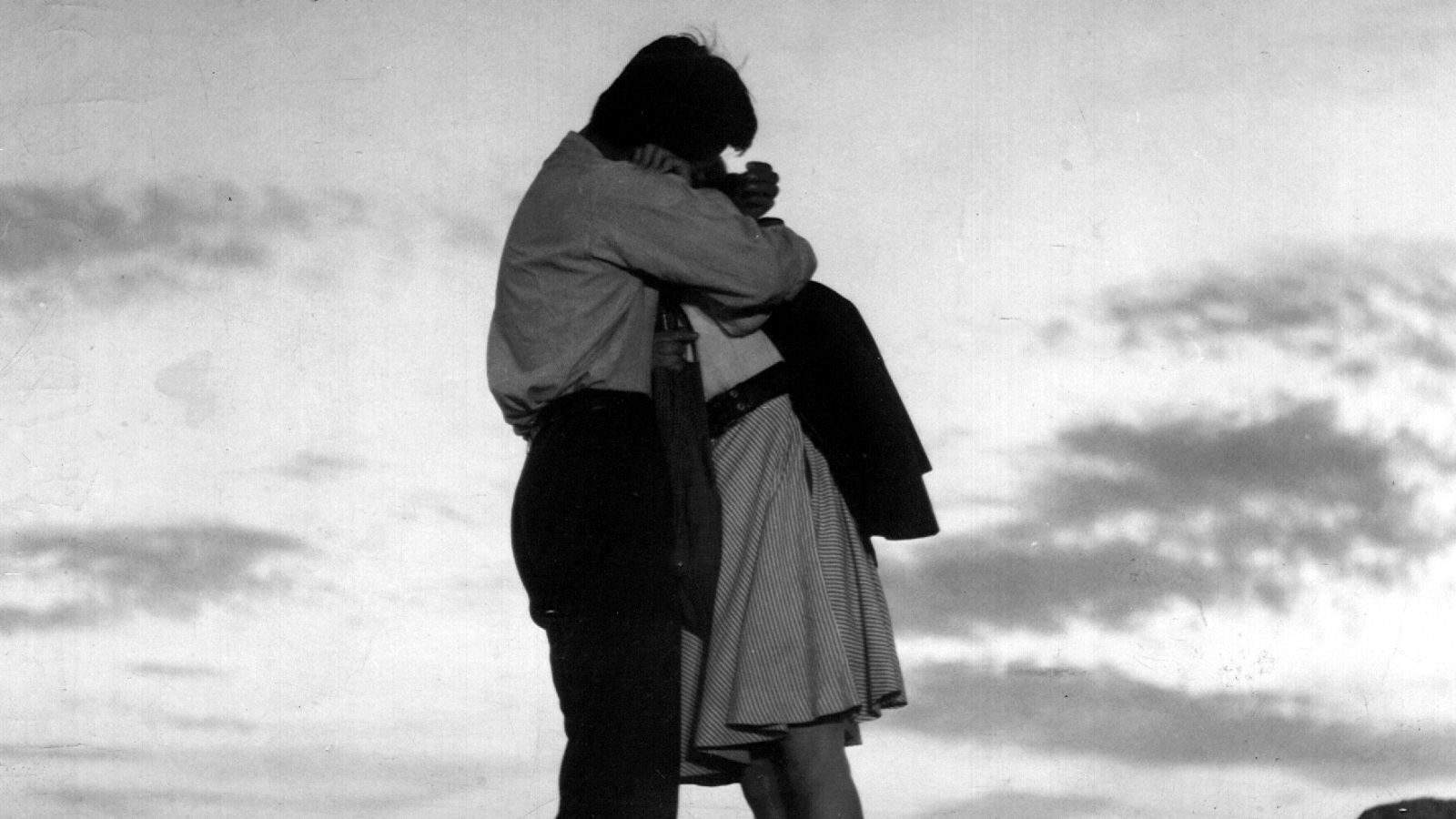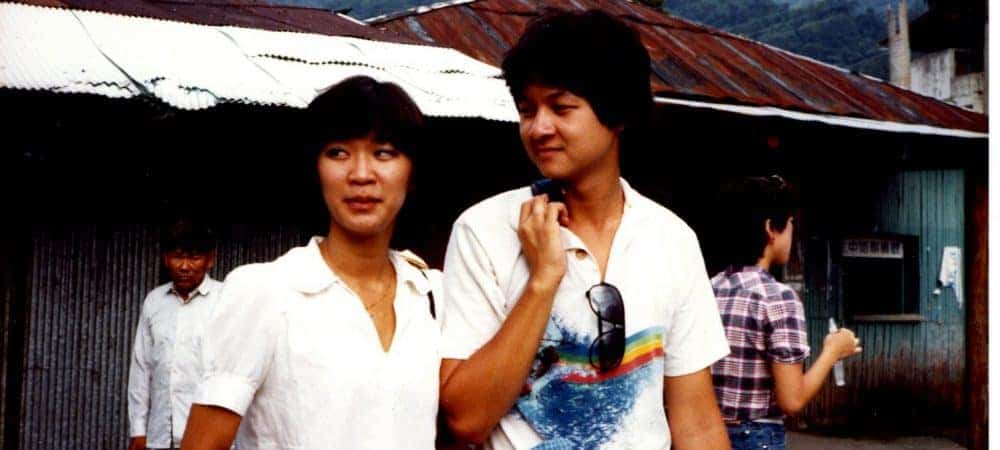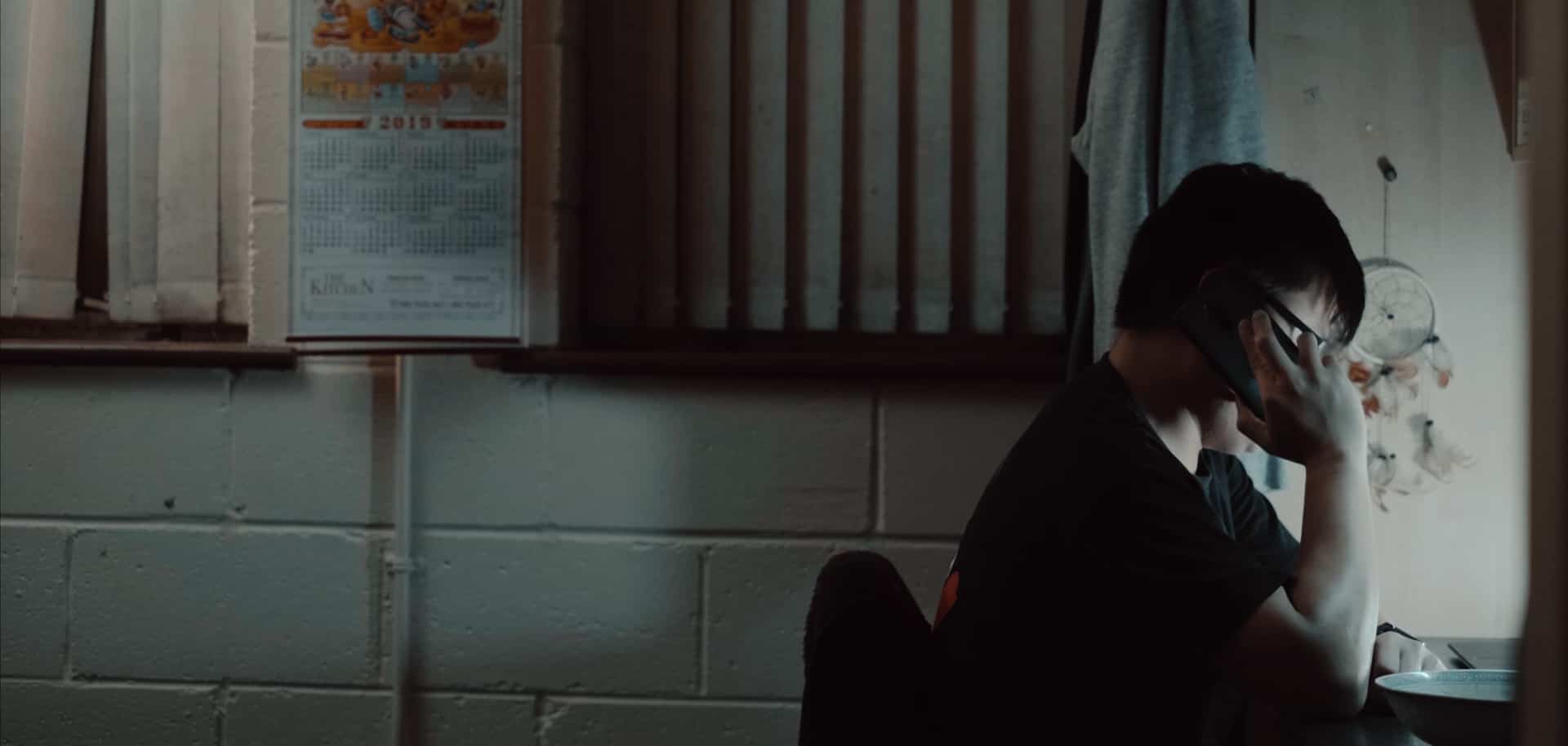“Bryan is a Nigerian teenager who is struggling to acclimatise to the new culture of India, arrives at a busy locality to meet his girlfriend. Amazed looks and nasty comments begin to discomfort Bryan. However, the very thought of seeing his newfound love keeps him exhilarated. To his surprise, Rashmi playfully disagrees conforming to the date. Nevertheless, Bryan being the adamant self keeps inducing Rashmi. And in an attempt of doing so, he enters the parking lot to encounter something he wished he never did.” (Official)
“Kaala” review is part of the Submit Your Film Initiative
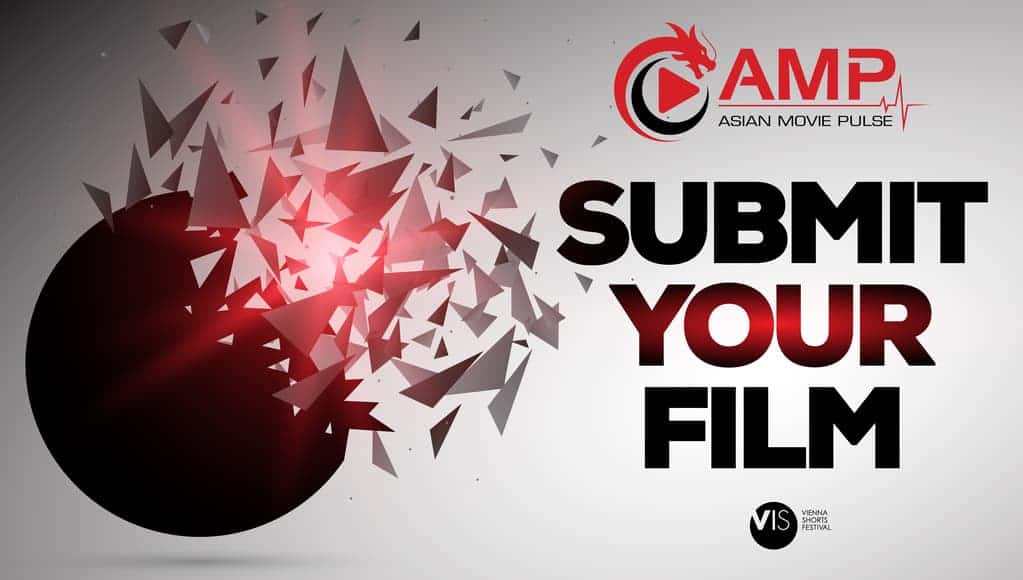
Kaala addresses the racial discrimination against the African citizens that took place in Delhi and its adjoining areas between 2016 till mid of 2017, marked by a series of hate crimes perpetuated against said immigrants. This social issue is the defining narrative drive of the short that has subsequently won accolades in being the first Indian film to address this issue. In western society, race has become a huge talking point in both sociology and politics, spanning far enough for many to only focus on the problems inherited in their own culture. To this degree, the abhorrent behavior towards the young Nigerian teenager will feel familiar in concept but alien in removing it from familiar landscapes.
The issue of racism within Delhi is conveyed in a way that is both eye-opening and understandable. As a result, “Kaala” already marks itself as a success, before even approaching any technical elements, in its tactful approach of handling the issue. While a sensitive subject, director Tarun Jain is able to explore prejudice in both a passive and active manner with snide remarks from the citizens acting to frame the eventual conflict that sees Bryan fighting for survival. In addition, “Kaala” presents its subject as a deeply empathetic character, someone who is generally caring and considerate, a fact made all the more chilling in a conclusion that has him reflecting on his social identity through skin color versus his personal morality.
To say the film's strength lies solely with narrative would be a disservice, as the production's technical elements excel in capturing both the tension and the quiet hostility towards its subjects throughout the urban landscape. Cinematographer Indraneel Lahiri proves to have a keen eye for framing the action, with some chilling shots that show its lead's actions come background to horrible racist rhetoric, baseless and hidden from the protagonist's ear shot. In equal measure, Lahiri excels at capturing Bryan's own responses to such words that seem often felt in the mannerisms of those he comes across over the dialogue made audible to the viewer. These sequences are also seamlessly edited together by Rajan Kumar Singh, who deserves mention in creating the overall atmosphere. Finally, the production is highlighted by an energetic score and sound design that compliment the production throughout.
The performances in “Kaala” remain serviceable within the a short film largely consumed by a chase and sequences of violence. Ultimately, the actors don't get enough screen time to really give a fair critique of their work, with many meant to just embody extreme racial prejudice as their only trait. The one exception rests with lead Jude Boman Tony, who conveys the sincerity of a character destroyed by the injustices he faces. Ultimately, Tony goes through the full spectrum of living as an upright citizen to realizing his actions mean nothing when faced with preconceived notions of being a ‘degenerate'.
“Kaala” feels like an important film, and not just because it is the ‘first' to tackle such issues taking place in India. Rather, the short speaks to the universal horrors that come with defining people through skin color over their actual merit, how this makes monsters of men and strips people of privileges within society. In addition, the wonderful presentation makes it an engaging cinematic experience that should not be overlooked.


